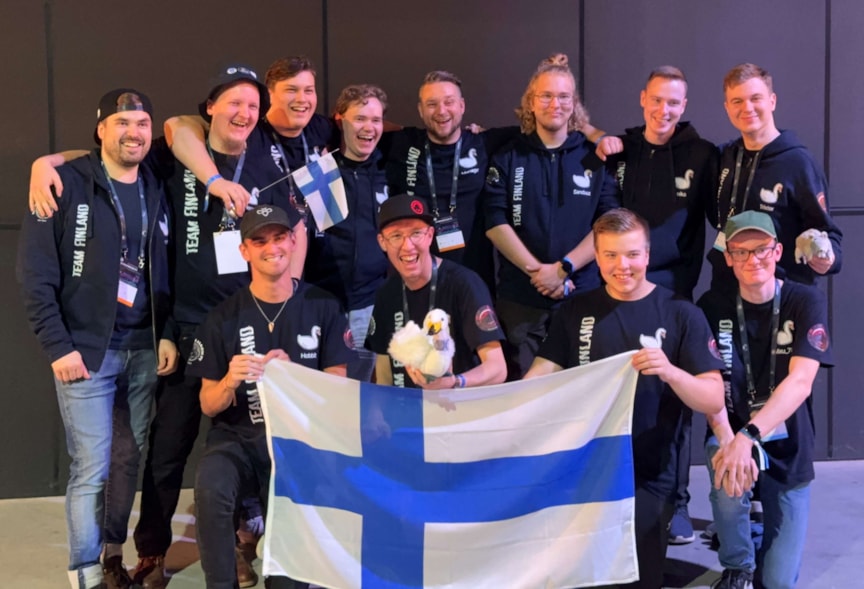Empowering the youth: The impact of Next Gen Hack and the European Cyber Security Challenge
As digital threats evolve, the demand for skilled cybersecurity professionals grows globally. One initiative addressing this need is Next Gen Hack (NGH), a youth-driven cybersecurity competition in Finland that identifies future talent while promoting international collaboration. As a dedicated partner, DNV Cyber supports NGH’s mission to strengthen the cybersecurity ecosystem and inspire the next generation of experts. To explore the competition’s impact and latest developments, we spoke with a few key figures behind NGH.
Next Gen Hack – Building the national team
Next Gen Hack is more than a competition — it’s a gateway for young talents to explore careers in cybersecurity. As a non-profit association, NGH educates, supports, and coaches aspiring cybersecurity professionals. It plays a central role in organizing Finland’s national pre-qualifier and coordinating the country’s participation in the European Cyber Security Challenge (ECSC), the continent’s leading youth cybersecurity competition.
The success of NGH relies not only on its structure but also on the people driving it forward. One of the key figures behind the initiative is Riku Juurikko. Alongside his role as Head of Preparedness & Continuity at Elisa, Juurikko manages multiple responsibilities: he chairs the NGH association, oversees the Finnish ECSC team, and represents Finland on the international ECSC steering committee.
This year marked the first Nordic-wide qualification round — with Denmark, Norway, Finland, and Estonia (although not officially part of the Nordics) — all using the same CTFs. Some 50 Capture the Flag (CTF) challenges were available for teams to solve, with plans for broader country contributions to developing the CTFs next year. Although Sweden and Iceland didn’t join this time, the goal is to have full Nordic participation going forward.
To stay relevant, NGH draws on the latest insights of the international hacker community in solving CTFs. “By aligning with international cybersecurity trends and actively participating in the ECSC network, NGH ensures its challenges reflect emerging technologies and threats,” Juurikko explained.

